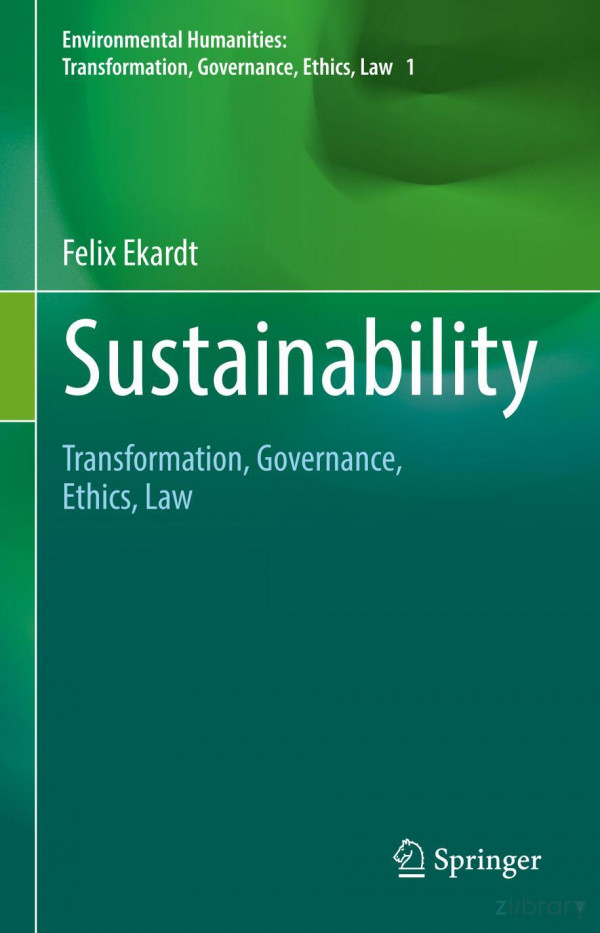

Most ebook files are in PDF format, so you can easily read them using various software such as Foxit Reader or directly on the Google Chrome browser.
Some ebook files are released by publishers in other formats such as .awz, .mobi, .epub, .fb2, etc. You may need to install specific software to read these formats on mobile/PC, such as Calibre.
Please read the tutorial at this link: https://ebookbell.com/faq
We offer FREE conversion to the popular formats you request; however, this may take some time. Therefore, right after payment, please email us, and we will try to provide the service as quickly as possible.
For some exceptional file formats or broken links (if any), please refrain from opening any disputes. Instead, email us first, and we will try to assist within a maximum of 6 hours.
EbookBell Team

4.4
102 reviewsThis book proposes a holistic transdisciplinary approach to sustainability as a subject of social sciences. At the same time, this approach shows new ways, as perspectives of philosophy, political science, law, economics, sociology, cultural studies and others are here no longer regarded separately. Instead, integrated perspectives on the key issues are carved out: Perspectives on conditions of transformation to sustainability, on key instruments and the normative questions. This allows for a concise answer to urgent and controversial questions such as the following: Is the EU an environmental pioneer? Is it possible to achieve sustainability by purely technical means? If not: will that mean to end of the growth society? How to deal with the follow-up problems? How will societal change be successful? Are political power and capitalism the main barriers to sustainability? What is the role of emotions and conceptions of normality in the transformation process? To which degree are rebound and shifting effects the reason why sustainability politics fail? How much climate protection can be claimed ethically and legally e.g. on grounds of human rights? And what is freedom? Despite all rhetoric, the weak transition in energy, climate, agriculture and conservation serves as key example in this book. It is shown how the Paris Agreement is weak with regard to details and at the same time overrules the growth society by means of a radical 1,5-1,8 degrees temperature limit. It is shown how emissions trading must – and can – be reformed radically. It is shown why CSR, education, cooperation and happiness research are overrated. And we will see what an integrated politics on climate, biodiversity, nitrogen and soil might look like.
This book deals with conditions of transformation, governance instruments, ethics and law of sustainability. The relevance of the humanities to sustainability has never before been demonstrated so vividly and broadly as here. And in every area it opens up some completely new perspectives.
(Prof. Dr. Dr. h.c. mult. Ernst Ulrich von Weizsäcker, Club of Rome, Honorary President)
Taking a transdisciplinary perspective, the book canvasses the entire spectrum of issues relevant to sustainability. A most valuable and timely contribution to the debate.
(Prof. Dr. Klaus Bosselmann, University of Auckland, Author of “The Principle of Sustainability”)
This books breathes life into the concept of sustainability. Felix Ekardt tears down the barriers between disciplines and builds a holistic fundament for sustainablility; fit to guide long-term decision-making on the necessary transformation and societal change.
(Prof. Dr. Christina Voigt, Oslo University, Dept. of Public and International Law)